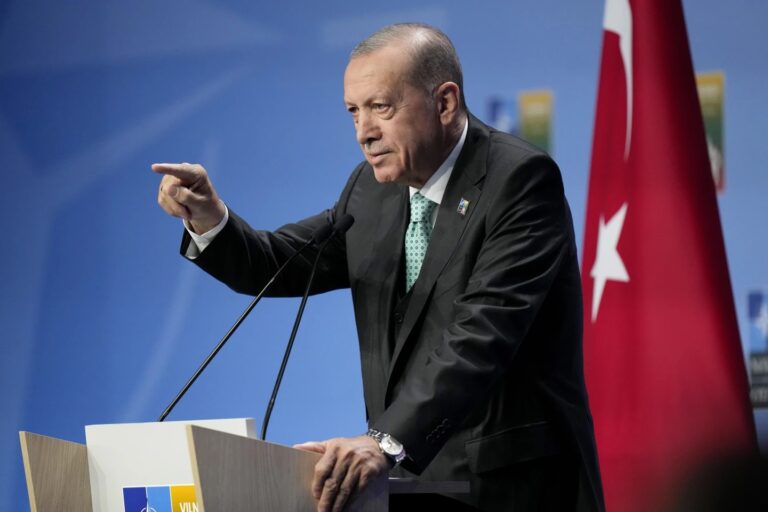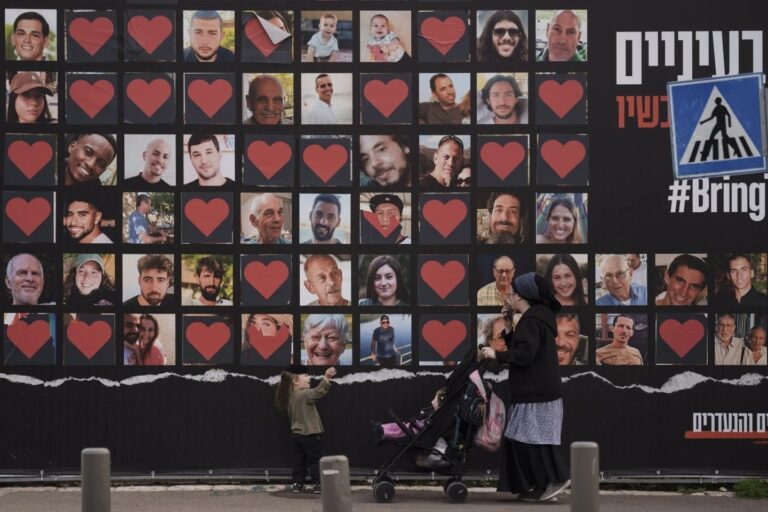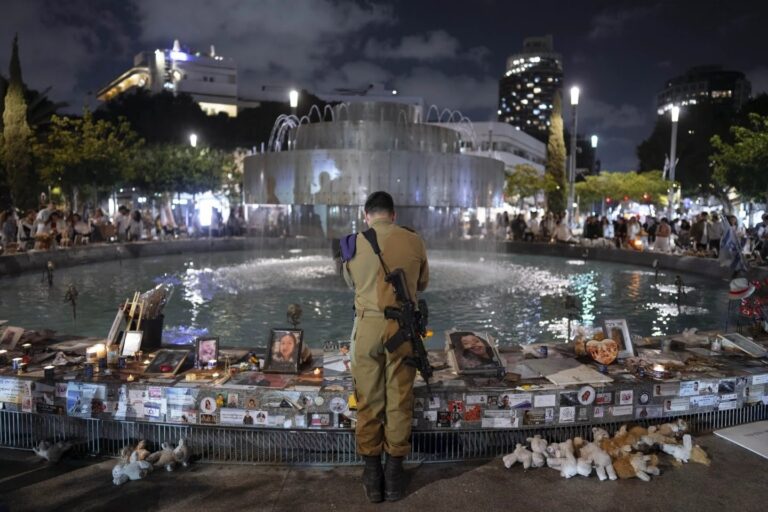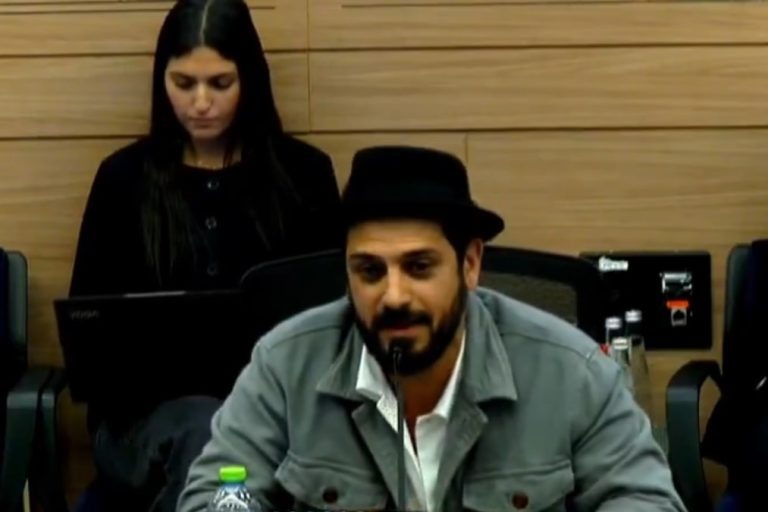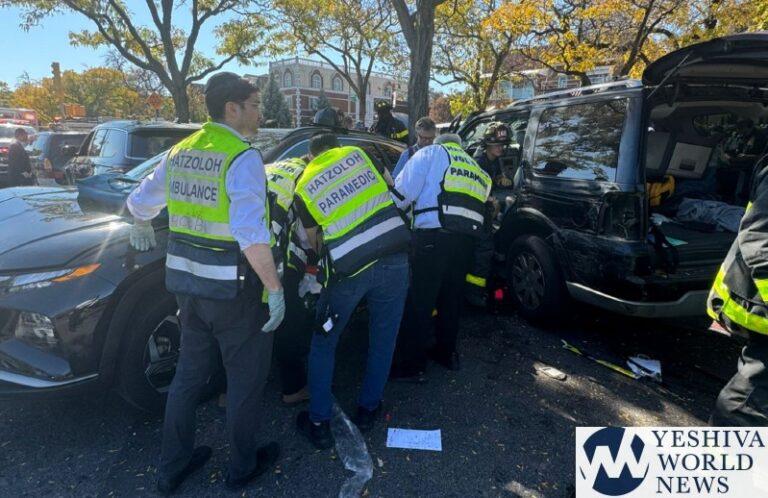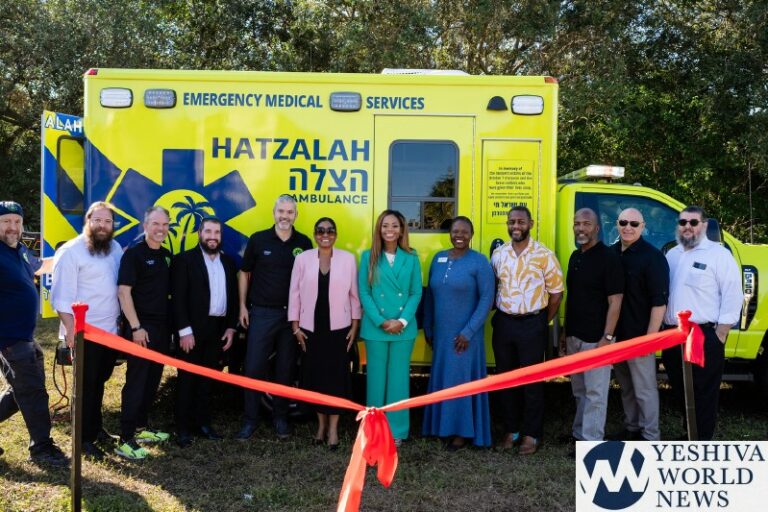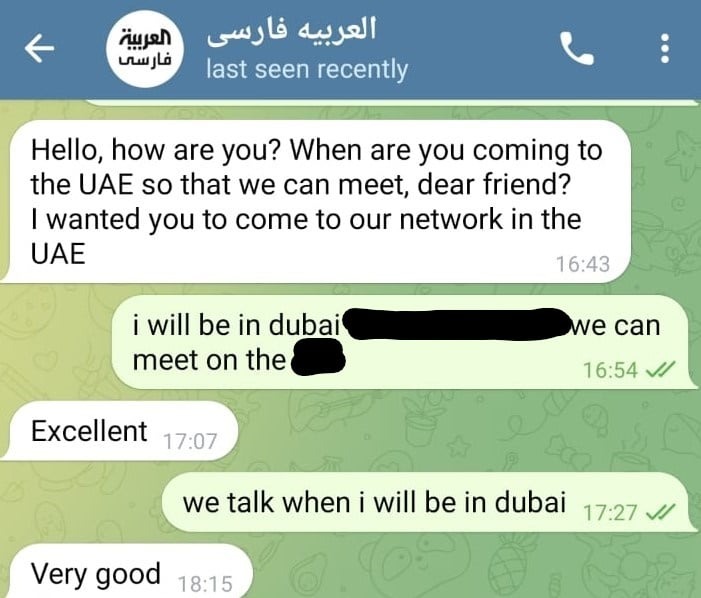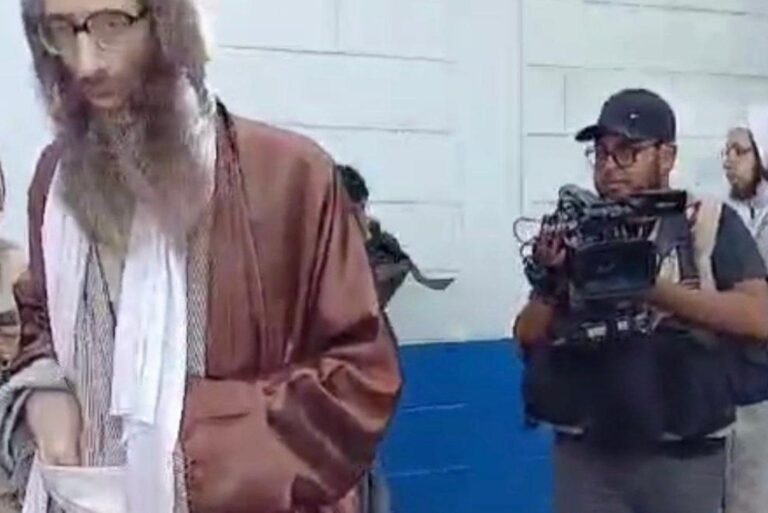“Bnei Yisroel did according to the word of Moshe; they requested from the Egyptians silver vessels, gold vessels and garments.” (12; 35).
The aforementioned pasuk is discussing when klal Yisroel was on the threshold of leaving Mitzrayim, amid the last makah-death to the firstborn. They were told to collect booty from the Egyptians -fulfilling the promise that Hashem made to Avraham, which was, that his children would leave their galus a wealthy nation.
Rashi adds to the above pasuk and says “vayishalu ish me’es rayaihu”- that ‘each man shall ask from his Egyptian neighbor.’
When reading this one thinks, what chiddush was Rashi adding? The pasuk just said that a man should ask from their Egyptian neighbors for gold and silver vessels, just as Moshe had told them to do? Rashi seems to be superfluous?
The Vilna Goan answers very powerfully.
The gemarah in Bava Kama (37b) says that if an ox of a Jew gores an ox of a non Jew, the Jew is exempt from all payments. The reason being, that the pasuk clearly states ‘if a person’s ox will gore that of his ‘rayaihu’-his friend; and the word ‘rayaihu’ comes to exclude a non Jew.
If this is so, then how can we explain Rashi in our pasuk? It clearly says ‘vayishalu ish me’es rayaihu.’ But if that meant a Jew, then it wouldn’t make sense because we know that the Jews didn’t ask the Jews; they asked the Egyptians? What seems to be p’shat here?
Furthermore, the pasuk earlier says ‘daber nah b’aznei ha’am.’ Nah, we know, is a loshon of pleading. Hashem had to beg us to ask the Egyptians? Why the need to plead?
Says the GR”A, had a Jew walked up to an Egyptian and asked to borrow an item he would have been laughed at and told absolutely not. In order to create an atmosphere of chessed, the bnei Yisroel had to first hand each other silver and gold vessels. They had to interact and borrow from each other. These actions would have an effect on their entire surroundings. Only then, did they have the capability of borrowing from the goyim. This is p’shat in Rashi; the pasuk is telling us that they listened to Moshe and asked from the Egyptians, but they did not do this first. Rashi adds ‘vayishalu ish me’es rayaihu’-first they interacted and borrowed from each other; thus enabling them to continue and ask from the Egyptians. It was through the ‘rayaihu’ that enabled them to fulfill the promise that Hashem made to the forefathers of them leaving birchush gadol.
The gemarah in Yevamos (96b) recounts that Rav Elozor and Rav Yosi were debating a halachic issue and in the heat of their argument a Sefer Torah was inadvertently ripped. Rav Yosi ben Kisma was present at the time of this horrific scene and passionately proclaimed that it would not be shocking if this house of prayer, that experienced a blatant desecration of G-D’s honor, would eventually be transformed to a bais avodoh zorah. The Gemarah sadly concludes that it indeed occurred. Rav Shach Zt”l would say that the reason it indeed panned out this way was because
a yid’s actions have an effect on their surroundings.
This is also why Hashem had to uproot the ground during the mabul; because the aveiros had seeped into the ground. That’s how much the surroundings had gotten affected by the actions of the people.
If we’re nice to each other than others will be nice to us. It’s up to us to first implement an exemplary behavior and only after we do so can we ensure that our surroundings will follow.
HAVE A GREAT SHABBOS.
WE NEED YOUR HELP TO CONTINUE. PLEASE CONSIDER SPONSORING AN ISSUE, FOR ANY OCCASION. FOR DETAILS EMAIL: [email protected].
For questions or comments please send an email to: [email protected]
To add a friend to this weekly email list please send a request to: [email protected]
CHECK IT OUT. IT’S NOW LIVE. LOOK UP ALL YOUR FAVORITE VERTLUCH AT: www.vertluch.com

